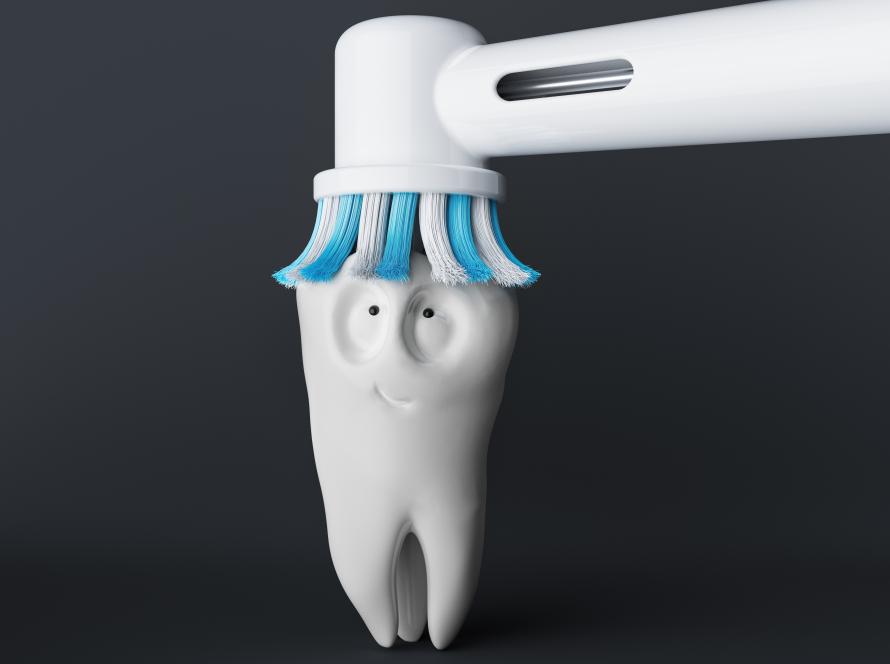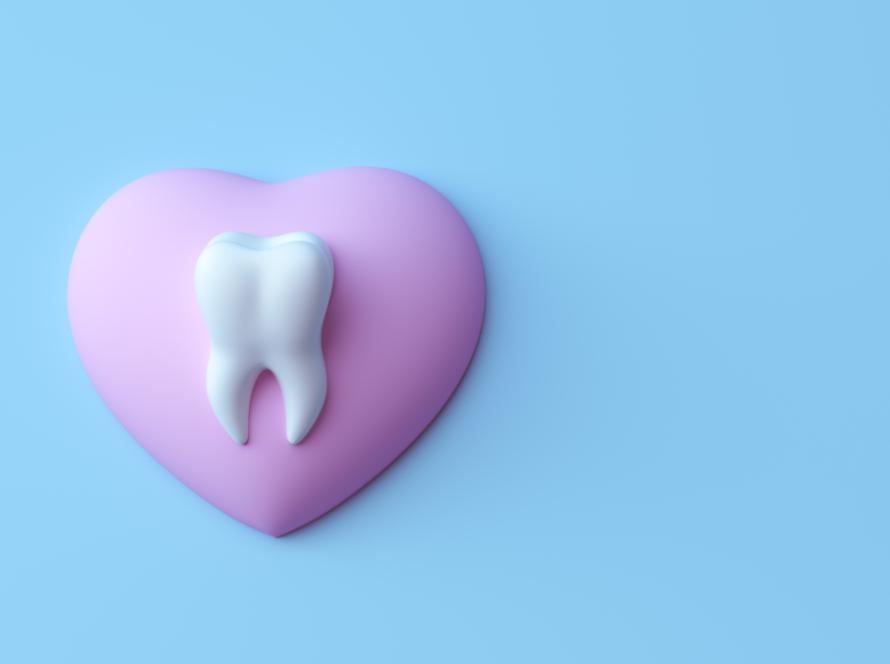Teething marks an important milestone in a baby’s development. It marks the beginning of the journey towards a healthy set of teeth, essential for chewing and speech development. However, teething can also be a challenging time for both babies and parents. Today, we dive into frequently asked questions with insight from Toronto Kids Dental. (Source: What to Expect, What Order and When Do Baby Teeth Appear? This Baby Teething Chart Can Help, by Colleen de Bellefonds, medically reviewed by Michelle Kelman, D.D.S., November 28, 2022, https://www.whattoexpect.com/first-year/teething/order-of-baby-teeth-tooth-chart/ ).
“Toronto Kids Dental understands that teething can be a stressful period for parents. We stress the importance of being well-informed and prepared. Understanding what to expect can ease much of the anxiety related to teething.”
What Age Do Babies Get Teeth? Babies typically start teething around six months, although this can vary widely. Some may begin as early as three months, while others may not start until they are one year old.
“The signs can start appearing earlier or later, depending on the child. Recognizing these signs can help parents provide comfort and care to their little ones during this sometimes uncomfortable phase. At Toronto Kids Dental, we advise parents to watch for signs of teething, such as drooling, swollen or tender gums, irritability, and a desire to chew on objects. Every child is different, so it’s crucial to consult with a pediatric dentist if there are any concerns.”
How Many Teeth Should Babies Have? By the age of three, most children will have a complete set of 20 primary teeth. Permanent teeth will eventually replace these teeth as the child grows older.
“It’s important to monitor the growth and development of your child’s teeth. Regular visits to a children’s dentist ensure that potential issues are addressed early, setting the foundation for a lifetime of healthy dental habits.”
Do Babies Need Their Teeth to Chew? Babies do not necessarily need teeth to begin eating solid foods. Their gums are quite strong and can handle soft, mashed foods. Teeth will eventually aid in chewing more complex foods as they grow older.
“Introducing various textures early on can help in the transition to solid foods. At Toronto Kids Dental, we recommend starting with soft foods and gradually introducing more complex textures as your baby’s teeth come in.”
How Do I Care for My Baby’s First Teeth? Caring for a baby’s first teeth involves gently brushing with a soft-bristled toothbrush and a small amount of fluoride toothpaste. Establishing a solid oral hygiene routine from an early age is extremely important.
“We encourage parents to start cleaning their baby’s mouth even before the first tooth appears. Use a soft, damp baby washcloth to wipe the gums. Once the teeth erupt, switch to a soft toothbrush. Regular dental check-ups are vital to ensure proper oral hygiene.”
Does Your Baby Need Fluoride Supplements? Fluoride is crucial for preventing tooth decay. Whether a baby needs fluoride supplements depends on the fluoride content in the local water supply and individual risk factors for tooth decay.
“Toronto Kids Dental provides personalized advice on fluoride use based on each child’s needs. We assess factors such as dietary habits and local water fluoridation to recommend the best course of action.”
Teething is a natural but often challenging part of a baby’s development. Proper care and routine visits to a pediatric dentist can help manage discomfort and ensure healthy dental growth.
“With pediatric dentistry, the goal is to support parents through every stage of their child’s dental development. From teething tips to routine check-ups, children’s dentists are here to provide expert care and advice for your child’s dental health.”
By integrating expert insights and practical advice, parents can navigate the teething stage with confidence, ensuring their baby’s dental health is on the right track from the start. Don’t delay; book your child’s first dental visit today!


